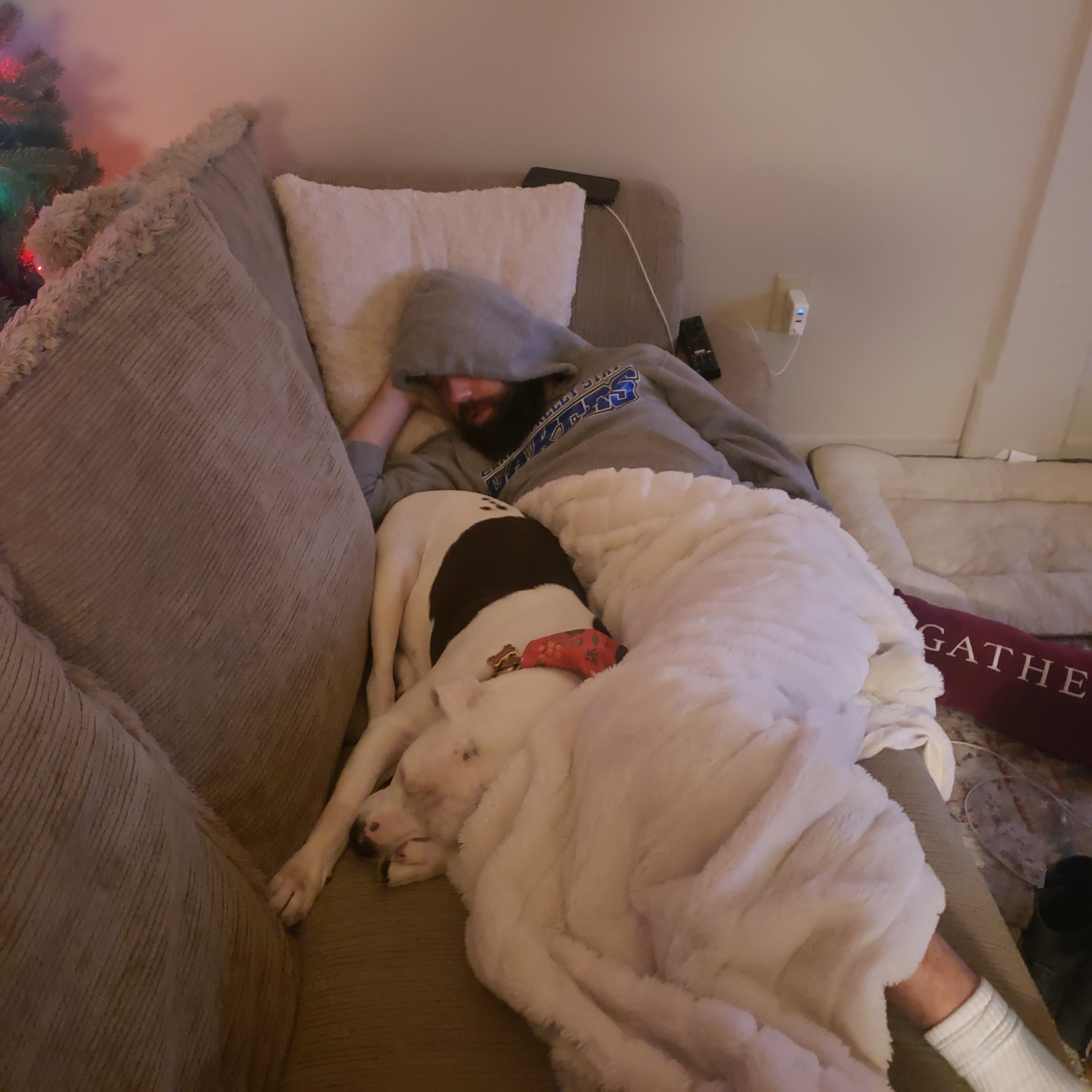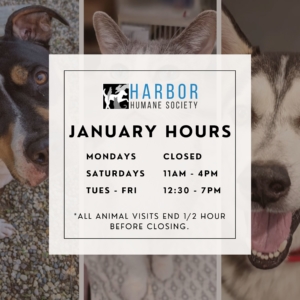February is Spay/Neuter Awareness Month
National Spay/Neuter Awareness Month
February is not just a month of love between humans, but also for your animals! One way you can share love to your animals is through spay/neutering. February is National Spay/Neuter Awareness month and we are here to tell you some of the many reasons why spaying/neutering your pets is an act of love for your furry friends.
National Spay/Neuter Awareness month is an opportunity for us to promote the importance of spaying and neutering your pet to make a positive impact on not only your pet’s life, but also the countless lives of other animals. Join us in advocating in learning more about responsible pet care and learning more on the importance of spaying/neutering your pet!

What Can Happen When You Don’t Spay/Neuter Your Pet?
One of the overwhelming challenges that can occur when you don’t spay/neuter your pet is accidental/unwanted pregnancies. Currently, shelters are full with homeless animals due to the overpopulation of pets. Each year, millions of animals find themselves without a home or family to call their own. Many (also millions) of these animals are sadly euthanized as there is no space for them in shelters, and not everyone is choosing to adopt- still. The good news is, with proactive measures such as spaying/neutering your pet, you can help combat this issue!
Another harsh reality of not spaying/neutering your pet is the higher risks of life threatening conditions such as uterine or ovarian cancer, breast cancer and prostate cancer.
It is also more common for animals to have a desire to roam and fight, increasing chances of being lost or hurt. Choosing to spay/neuter your pet increases the likelihood of them living longer, healthier lives – which is a win for the both of you!
The Benefits of Spaying/Neutering
Spaying/Neutering your pet is a surgical procedure that prevents animals from reproducing. Spaying (female) is the surgical removal of the ovaries and uterus. Neutering (male) is the surgical removal of the testicals. The benefits of these surgical procedures go beyond just population control; contributing to the overall health and well-being of your pet, and more!
- Population Control: One of the largest benefits of spaying/neutering your pet is controlling the population of unwanted animals. Preventing unplanned litters helps to elevate the already overcrowded shelters, which allows more animals the opportunity to be adopted and chance to save even more animals’ lives!
- Improved Behavior: Many pet owners notice an improvement in undesired behaviors once they spay/neuter their pets. These behaviors include decreased aggression, less likely to roam and decreasing the urge to mark their territory. In return, this can create a better relationship between the pet and the pet owners!
- Preventative Healthcare: Spaying/neutering your pet can greatly decrease the likelihood of many health risks in animals such as ovarian or uterine cancer, breast cancer and prostate cancer. Without these life threatening illnesses, your pet is more likely to live a longer, happier and healthier life!

How We Can Raise Awareness
As a community of animal lovers, we can work together to raise awareness about the importance of spaying/neutering your pet! Here are a few ways that you can spread awareness during Spay/Neuter Awareness Month:
- Support Local Shelters: Many shelters and other animal welfare organizations offer discounted spay/neuter surgeries throughout the year. Spread the word and encourage pet owners to take advantage of these opportunities to support their local shelter and be a part of the solution.
- Educate the Community: One easy, free way to spread awareness about the importance of spaying/neutering your pet is to educate your community and your circle of people in your life! Sharing blog posts or social media graphics is one free, quick and easy way you can educate others on the importance of these procedures.
- Share Your Story: If you are a pet owner yourself, share your story and experience with the successes and benefits of spaying/neutering your own pet! Personal testimonies like these go a long way in impacting others and inspiring them to make the responsible choice for their pet.
This February, let’s celebrate love not only by showering our pets with affection but also by taking responsibility for their health and well-being. National Spay/Neuter Awareness Month is a reminder that together, we can make a lasting impact on the lives of countless animals, creating a world where animals have the opportunity to live a happy, healthy life with a loving family. Join us in spreading the message of love, responsibility, and compassion this month and beyond.
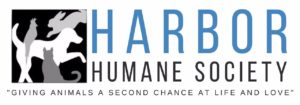
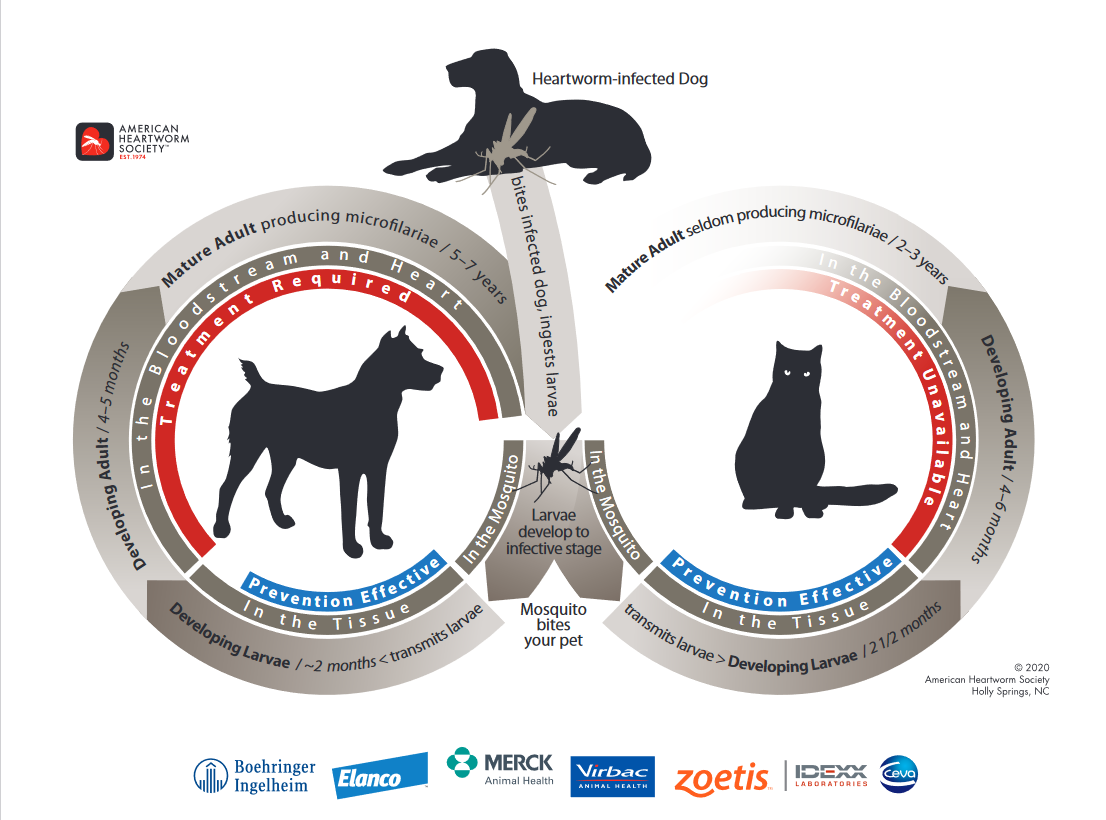
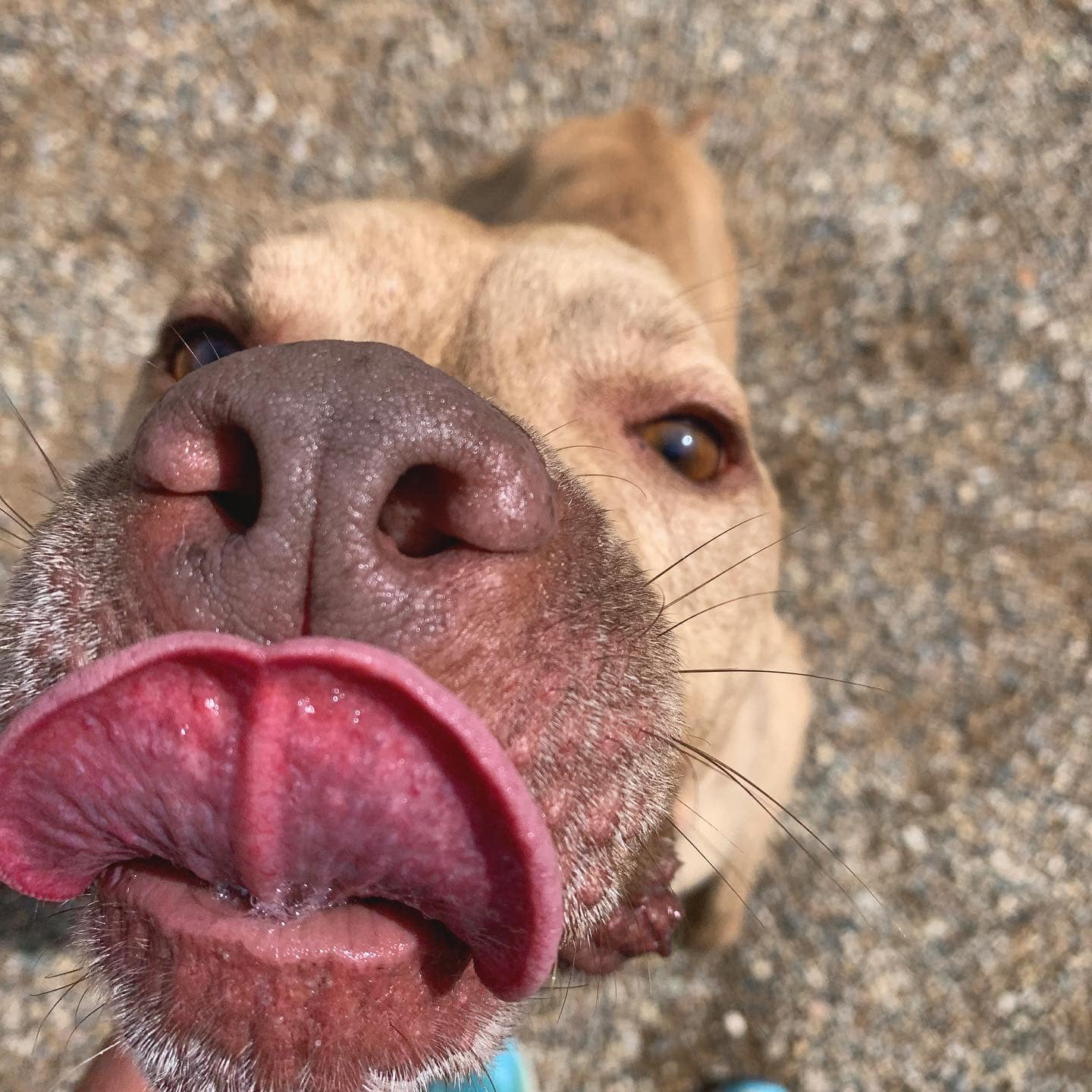
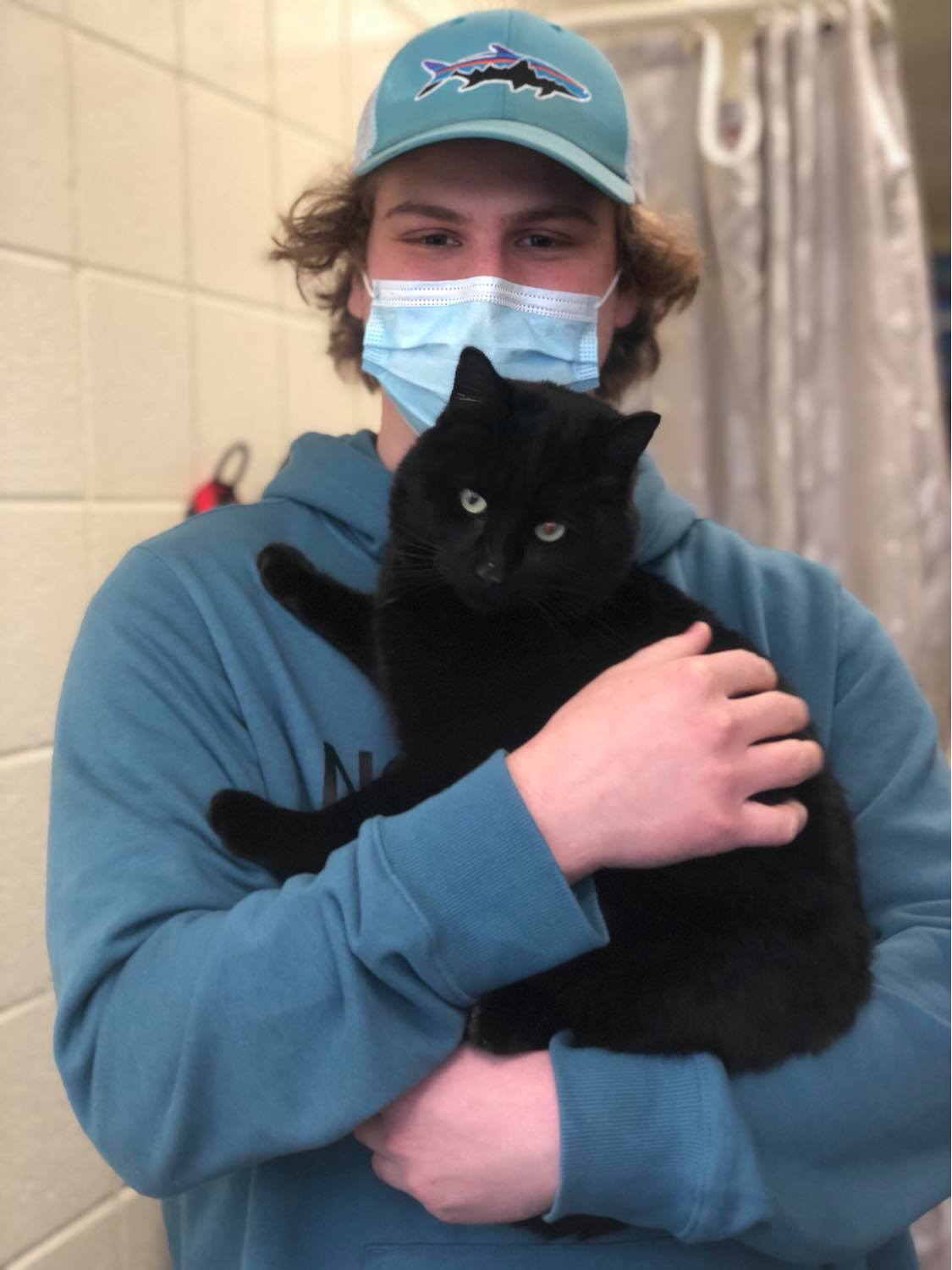
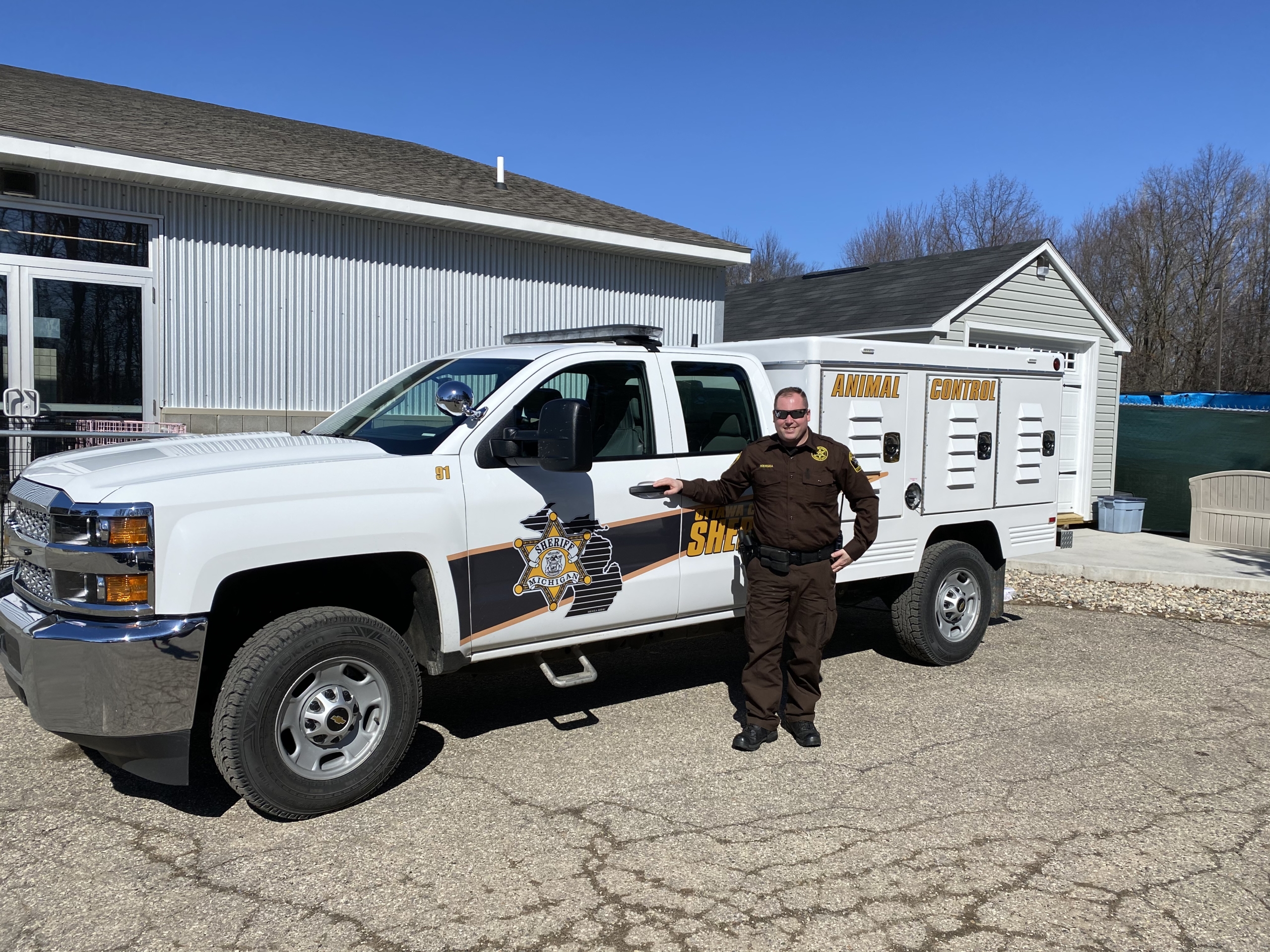 Some may not be aware of just how closely Harbor Humane and Ottawa County Animal Control (and PD) work together, on a daily basis. We rely on this teamwork to help us help our community best, and keep our community pets safe and at home.
Some may not be aware of just how closely Harbor Humane and Ottawa County Animal Control (and PD) work together, on a daily basis. We rely on this teamwork to help us help our community best, and keep our community pets safe and at home.

